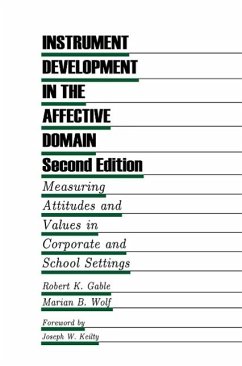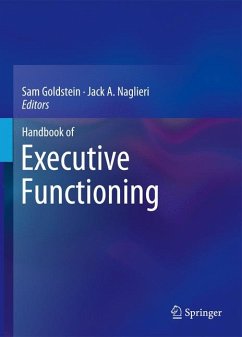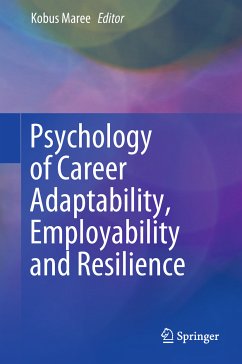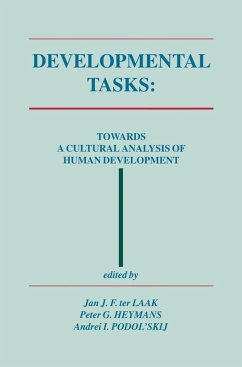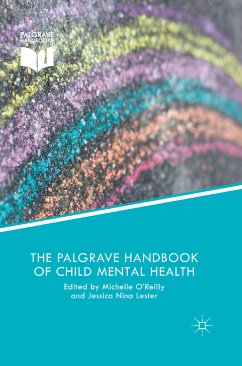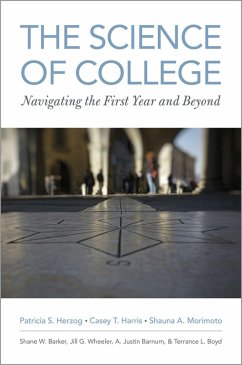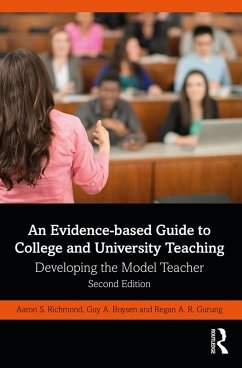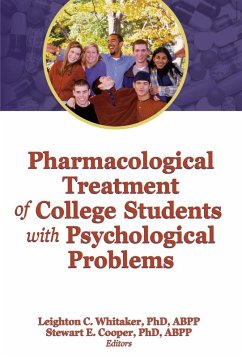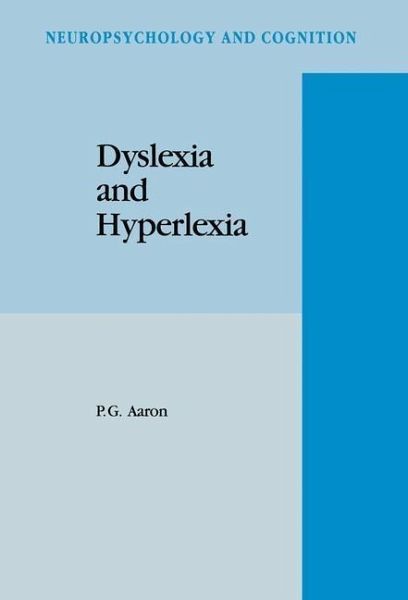
Dyslexia and Hyperlexia (eBook, PDF)
Diagnosis and Management of Developmental Reading Disabilities
Versandkostenfrei!
Sofort per Download lieferbar
160,95 €
inkl. MwSt.
Weitere Ausgaben:

PAYBACK Punkte
80 °P sammeln!
Even though I had been studying reading problems in children for a number of years as a means of understanding cognitive processes, I became deeply committed to the study of developmental dyslexia after my encounter with S. H. , a dyslexic college student. Until then, dyslexia to me remained an interesting phenomenon but somewhat removed from the mainstream of my research interests. The facts that, in spite of his superior IQ, S. H. could read no better than a child in the fifth grade and misspelled even common words such as was and here, however, took me by surprise and made me appreciate the...
Even though I had been studying reading problems in children for a number of years as a means of understanding cognitive processes, I became deeply committed to the study of developmental dyslexia after my encounter with S. H. , a dyslexic college student. Until then, dyslexia to me remained an interesting phenomenon but somewhat removed from the mainstream of my research interests. The facts that, in spite of his superior IQ, S. H. could read no better than a child in the fifth grade and misspelled even common words such as was and here, however, took me by surprise and made me appreciate the intriguing and challenging nature of developmental dyslexia. This led to a series of studies of college students with reading disability, a group that is relatively unexplored. The general plan of these investigations was to study a small number of disabled readers at any given time, rather intensively. Even though this approach limits the generalizability of the research findings, it lays bare some of the most interesting facts about dyslexia which are obscured in large-scale statistical studies. These studies have now extended well over a decade and are still continuing. As soon as these studies were started, it became obvious that not all reading-disabled college students are alike and that disabled readers could be classified into three broad categories: those with poor decod ing skill, those with poor comprehension ability, and those with a combination of these two deficits.
Dieser Download kann aus rechtlichen Gründen nur mit Rechnungsadresse in A, B, BG, CY, CZ, D, DK, EW, E, FIN, F, GR, HR, H, IRL, I, LT, L, LR, M, NL, PL, P, R, S, SLO, SK ausgeliefert werden.



